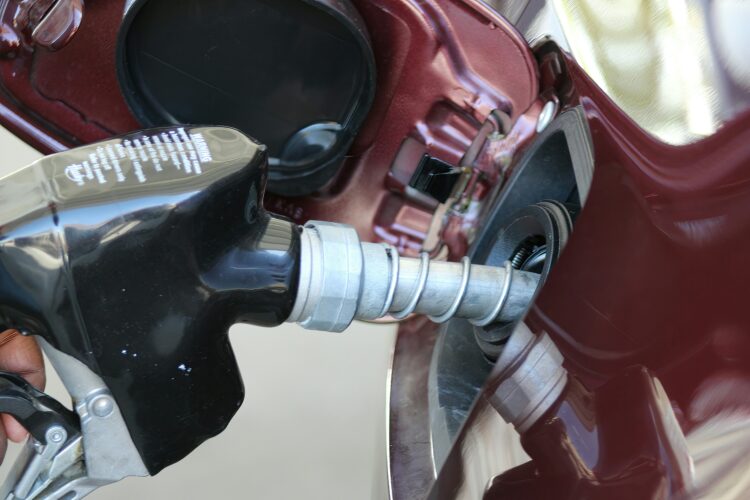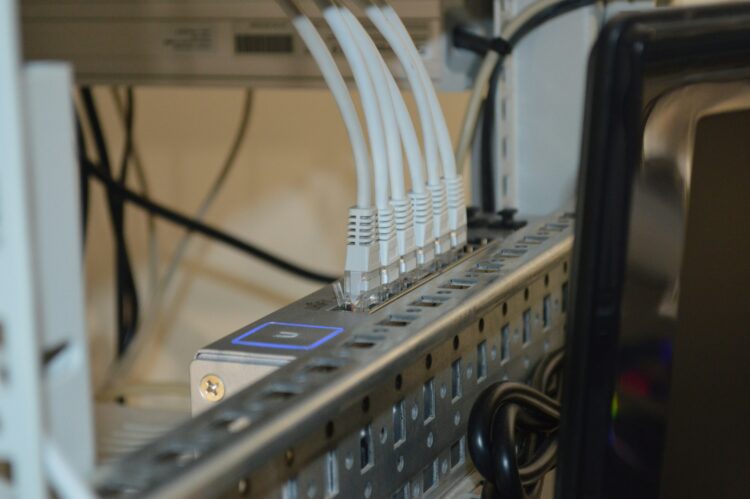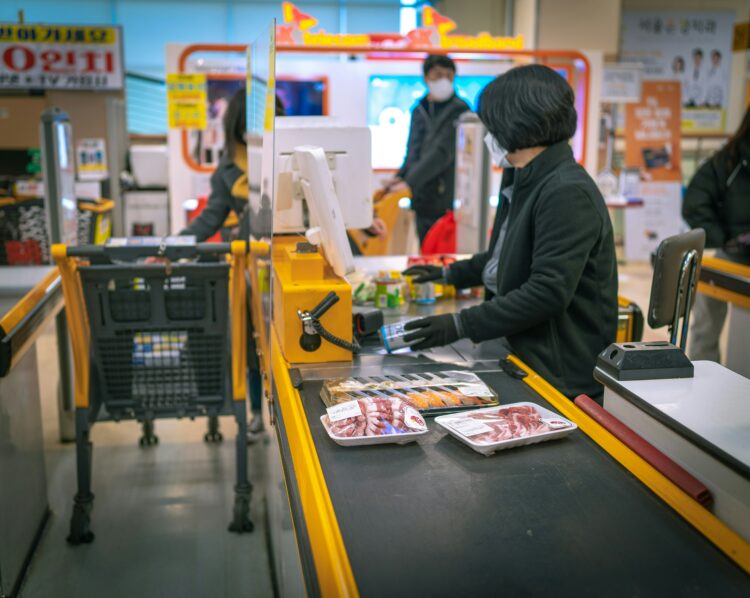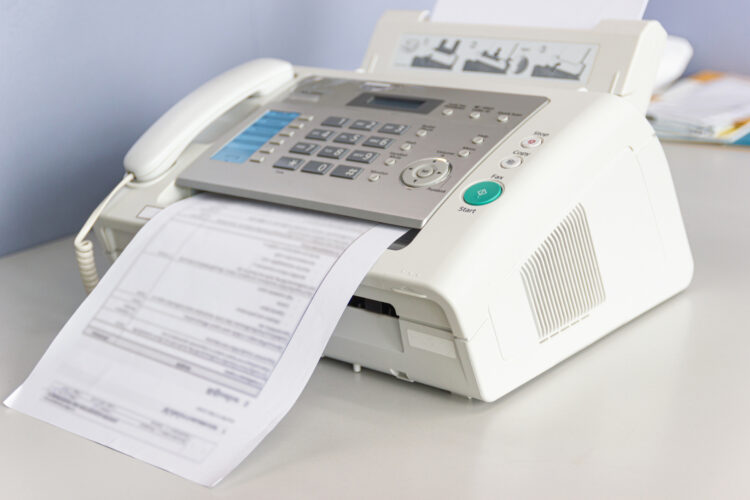
Society is on the cusp of a major shift; things we took for granted will not exist by 2030. From technology to environmental shifts, here are 15 things that might become a rare sight or disappear altogether by 2030.
Physical Cash

The push for a cashless society is due to the convenience, efficiency, and safety of using digital money. More people are using mobile payment systems, including Apple Pay, Google Wallet, and various other banking apps. Moreover, several countries and central banks are considering digital currencies, which could eliminate the need for cash even more.
Gasoline Cars

The shift from gasoline vehicles to EVs is mainly because of concerns about climate change and increased air pollution. As a cleaner alternative, EVs have become more accessible and feasible for everyday use. Many countries are restricting the sale of new gasoline and diesel cars within the next decade, which will significantly reduce their presence on the roads.
Plastic Bags

The environmental effects of single-use plastic bags, specifically their role in ocean pollution and wildlife damage, have triggered a worldwide initiative to reduce their use. Several countries have imposed restrictions or taxes on plastic bags, encouraging consumers to switch to reusable bags. This trend is expected to continue as awareness of environmental issues grows.
Traditional Light Bulbs

Governments and other environmental organizations now promote the use of energy-saving lights like LEDs to save energy and reduce carbon emissions. Due to their low power consumption and longer lifespan, LED lights are being used increasingly in homes and businesses in place of the typical traditional light bulbs.
Landline Phones

The decline in the number of landline phones is due to the growing popularity of smartphones. In addition to calls, smartphones offer messaging, Internet access, and a wide variety of applications, all in one small device. People simply no longer see the need to pay for a separate connection, making the use of landlines outdated.
Physical Media (CDs, DVDs)

The main reason for the decline of physical media is the convenience of streaming services. From Spotify to Netflix and Apple Music, people have access to virtually unlimited music, TV shows, and films that no longer require physical storage. As such platforms continue to develop, the use of physical media is likely to end.
Printed Newspapers

The shift to digital media is motivated by several reasons. The very first being that it is easily accessible at a point in time without us having to wait for a printed version to come out the next morning. And secondly, online media and news uses many different engaging and interactive aspects like images, videos, to improve the user experience. It is for the same reason that many news agencies in the U.S. are focusing on growing their online presence.
Manual Labor Jobs

Jobs are changing because of technology like robotics and artificial intelligence. Whether humans like it or not, machines are doing more and more of the things we humans used to do. And technology combined with reduced price means that more businesses will use machines to be more efficient than humans.
Physical Keys

Digital locking solutions, such as smart locks and keyless entry systems, provide more features and security over the traditional physical lock and keys we have always used. It enables remote locking and unlocking, records data, and many other advanced features. Given this increasing popularity and cost-effectiveness of smart home appliances, there is a good chance that the use of traditional keys will fade out.
Paper Documents

There are many advantages to digitizing documents, including the fact that they take up less physical space, they can be accessed anywhere, and most importantly, they are sustainable. Cloud storage and document management systems simplify the process of storing, organizing, and sharing documents electronically. As people become more environmentally aware and look for an effective way to do work, paper use will likely decrease.
Wired Internet Connections

Wireless technologies or Wi-Fi and mobile data networks are far more convenient and flexible for internet access. Wi-Fi 6 and 5G networks are expected to be even faster with more stable connections, ensuring that wireless internet performance is equally fast as wired connections. As more devices become Wi-Fi-enabled and wireless coverage expands, the need for wired internet connections is likely to decrease.
Checkout Clerks

Self-checkout kiosks and mobile payment solutions are revolutionizing the retail business. Customers are benefiting from the convenience of these new technologies, which also improve the efficiency of retailers through cost-cutting measures. As people get used to self-service options and retailers invest in automation to improve efficiency, the traditional role of checkout clerks may become less common.
Incandescent Light Bulbs

The drive to eliminate incandescent bulbs is simply due to their inefficiency compared to modern lighting solutions such as LED bulbs. Incandescent bulbs consume a lot of electricity, and much of it is converted to heat rather than light. As a result, LED bulbs are more energy-efficient and have a longer lifespan, making them a cheaper and more sustainable option.
Fax Machines

The main reason fax machines have become less popular is that digital communication methods are simply more efficient. It is much easier to use digital signatures and secure online portals to address the challenges associated with moving sensitive documents via fax or in person. These trends, too, can only drive down the demand for fax machines.
Cable TV Subscriptions

Now, picture the same thing being done with your cable providers. As an increasing number of people opt for Netflix, Hulu, and Amazon Prime Video over cable, the demand for cable TV subscriptions is naturally going down. It is mainly due to the popularity of on-demand and internet-based entertainment.

Comments
Loading…